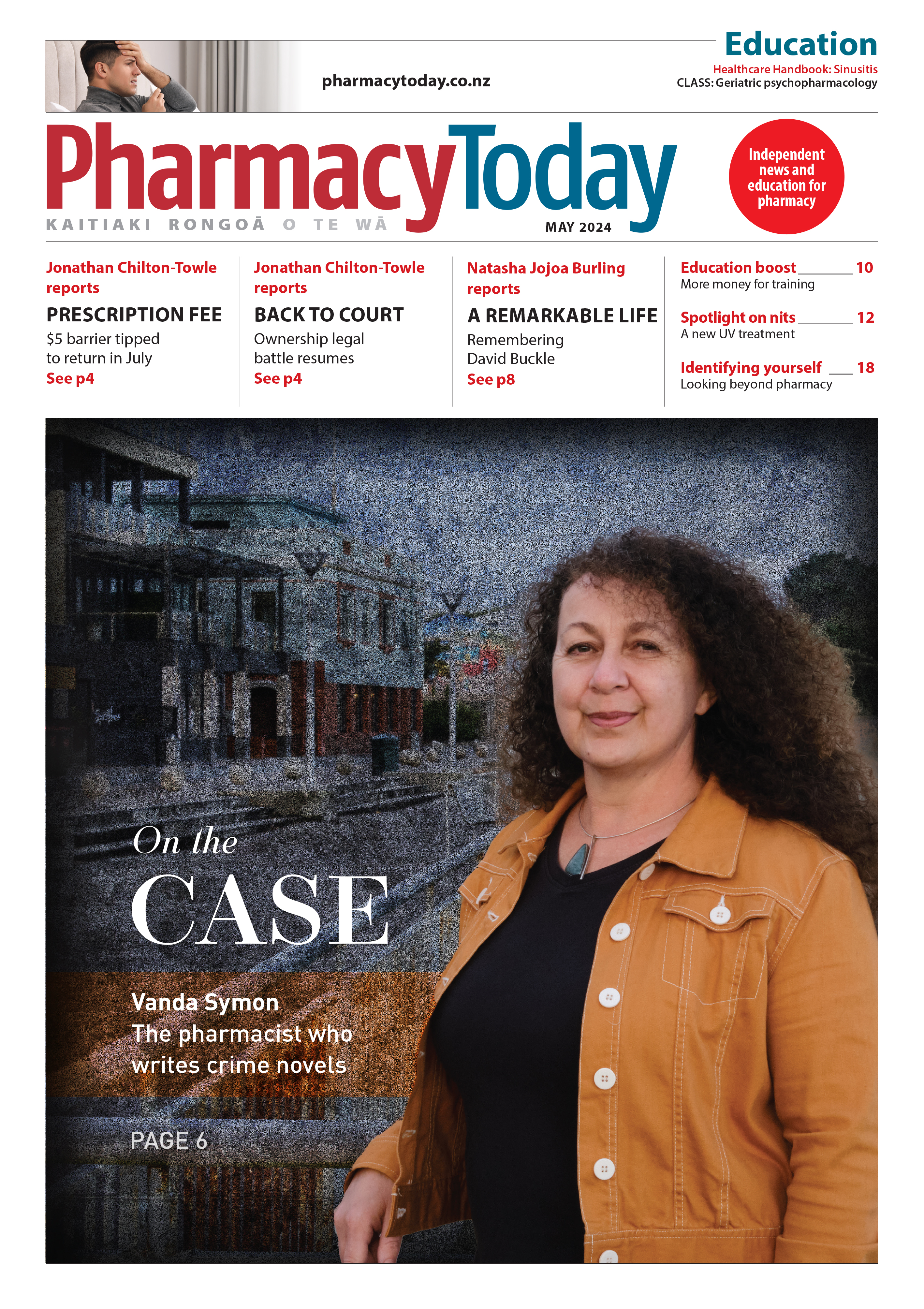This article, written by Sidhesh Phaldessai, provides an overview of geriatric psychopharmacology, including the epidemiology of mental health disorders in the older population, the physiological changes that occur with ageing and their impact on pharmacokinetics and pharmacodynamics, and the use of psychotropic medications in older adults
Drug resistant diseases “ticking timebomb” in Oceania
Drug resistant diseases “ticking timebomb” in Oceania
An international group of researchers is calling for urgent intervention and surveillance of drug resistant pathogens in Oceania, following the study of a deadly disease.
In a landmark study, just published in The Lancet Regional Health - Western Pacific, researchers from education, research, and healthcare institutions in New Zealand, Fiji, Samoa, and Australia studied the antibiotic-resistant Acinetobacter baumannii (CRAb), a life-threatening pathogen, in hospitals in the Pacific.
Lead author Sakiusa Baleivanualala, of the University of Otago’s Department of Microbiology and Immunology and the College of Medicine Nursing and Health Science at the Fiji National University, says little is known about CRAb transmission in the Oceania region.
“CRAb can cause infections of the blood, urinary tract, and lungs and, because it is resistant to medicine, infections are hard to treat, with an increased risk of disease spread, severe illness and death. According to the World Health Organisation, it is a pathogen of critical concern, and understanding its transmission and resistance mechanisms is imperative for public health globally,” he says.
By analysing CRAb detected in hospitals in Fiji and Samoa and comparing the strains to those from hospitals in New Zealand, Australia and India, the researchers made some concerning findings, including:
- A significant presence of CRAb in Fiji and Samoa.
- Resistance to antimicrobials highlighting a need for new treatment strategies.
- Evidence of CRAb transmission within Fiji and Samoa hospitals.
- Ineffectiveness of some common hospital disinfectants against the strains, indicating a need for improved infection control measures.
- Trans-national movement of CRAb strains, especially between India, Australia, New Zealand, Fiji, and Samoa, emphasising the global nature of the health issue.
“The study findings underline the severity and complexity of the CRAb problem, warranting immediate multi-disciplinary and international intervention,” Mr Baleivanualala says.
While the healthcare systems in Fiji and Samoa are committed to providing the best care, he says the issue of antimicrobial resistance is a global one and hopes the research will act as a catalyst for positive change.
“Knowledge empowers communities to advocate for better healthcare policies and practices. This should serve as a call to action for better infection control practices and antimicrobial stewardship around the world,” he says.
The researchers are now pushing for a multi-pronged approach to tackle the issue.
Professor James Ussher, of Otago’s Department of Microbiology and Immunology, highlights the “pressing need for immediate action”.
“The increasing prevalence of CRAb in healthcare settings in Fiji and Samoa is a ticking time bomb that could have catastrophic consequences if not addressed promptly,” he says.
Actions could include: the establishment of programs to guide the appropriate use of antibiotics; strengthen antimicrobial resistance surveillance; introduce or upgrade rigorous infection control practices within healthcare settings; initiate public awareness campaigns about antimicrobials and antimicrobial resistance; and encourage a multifaceted approach to combating antimicrobial resistance.
Dr Donald Wilson, Associate Dean Research of Fiji National University’s College of Medicine, Nursing and Health Sciences (CMNHS), says the research is a testament to the power of international collaboration.
“Antimicrobial resistance is a global issue – it transcends geographical and political boundaries. We hope this study lays the groundwork for broader public health initiatives, both within the Oceania region and globally, as well as serving as a model for further research and policy action aimed at mitigating the risks associated with antimicrobial resistance,” he says.
“The expertise in this area of work is new and we are fortunate that the University of Otago’s engagement with the Fiji Institute of Pacific Health Research (FIPHR) at the CMNHS, has enabled the PhD training of Mr Baleivanualala, and that he has managed to publish the research on this very local health problem in a very prestigious journal. We certainly have much to celebrate on this occasion.”
Publication details:
Molecular and clinical epidemiology of carbapenem resistant Acinetobacter baumannii ST2 in Oceania: a multicountry cohort study
Sakiusa C. Baleivanualala, Lupeoletalalelei Isaia, Swastika V. Devi, Benjamin Howden, Claire L. Gorrie, Silivia Matanitobua, Sajnel Sharma, Donald Wilson, Silpa Kumar, Komal Maharaj, Scott Beatson, Lusiana V. Boseiwaqa, Kristin Dyet, John A. Crump, Philip C. Hill, James E. Ussher
The Lancet Regional Health - Western Pacific





